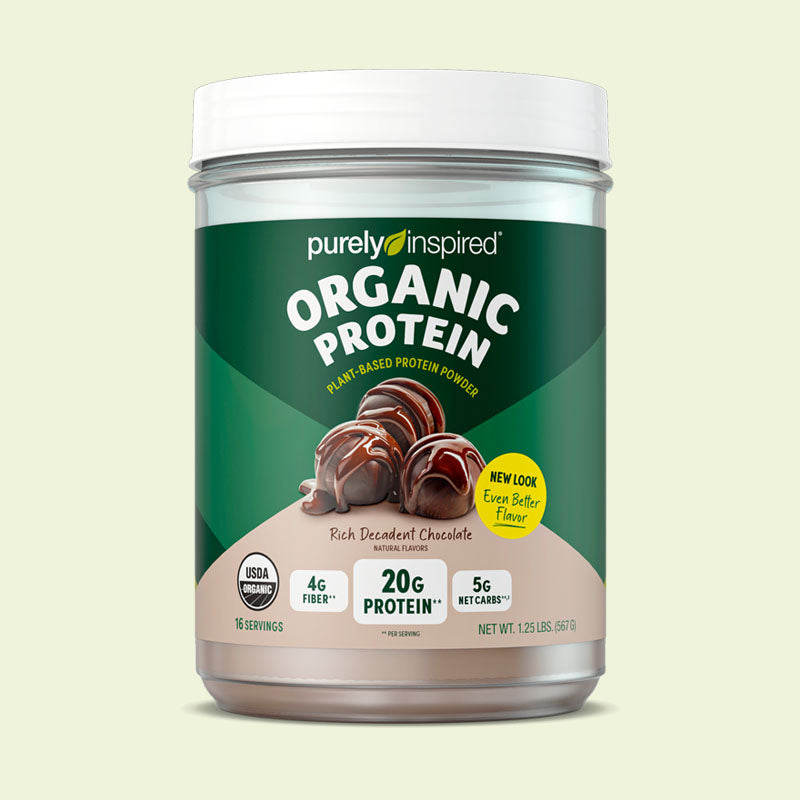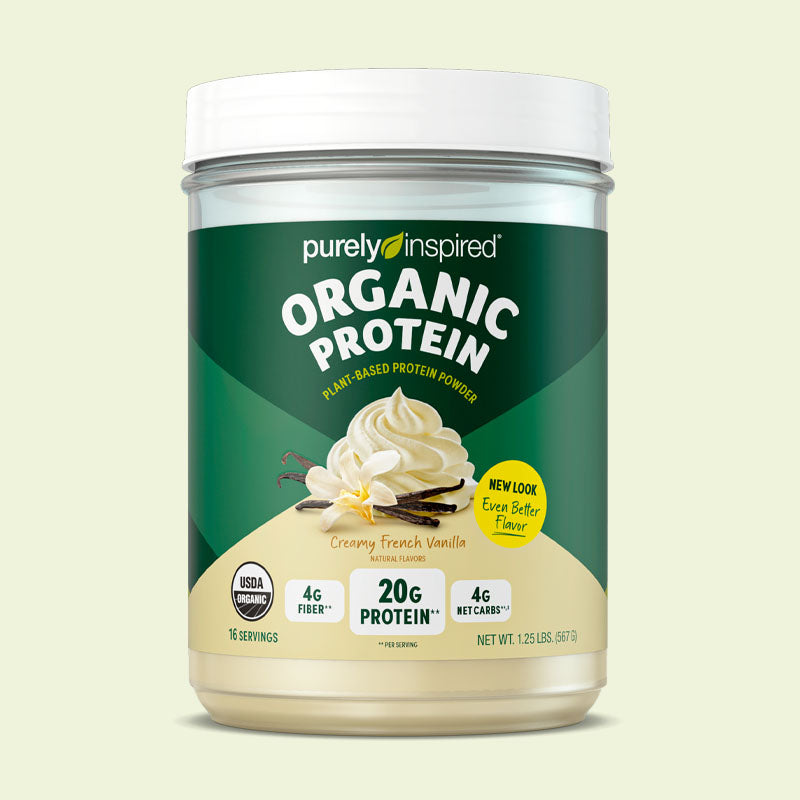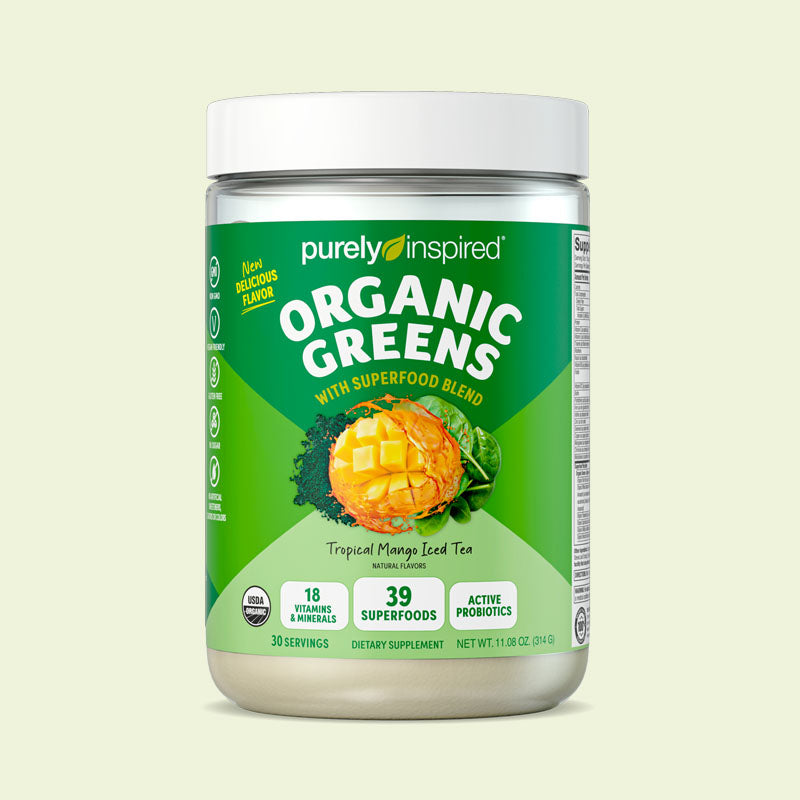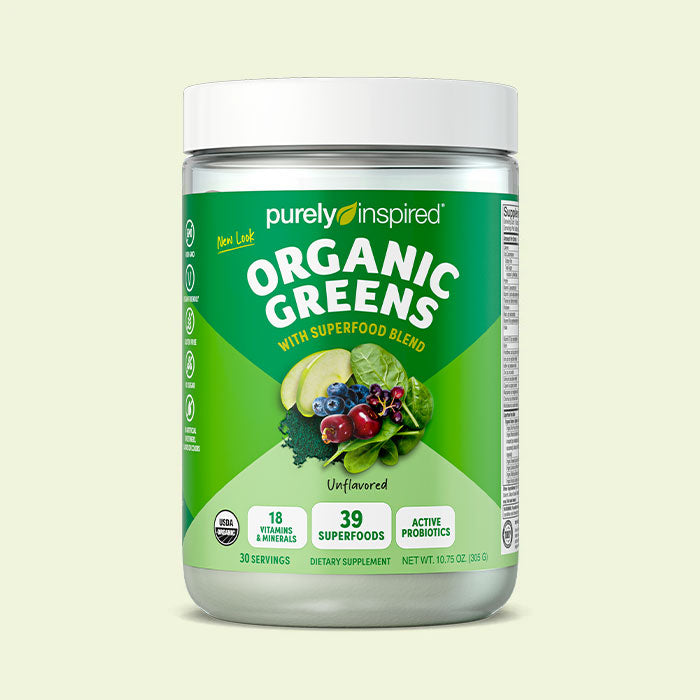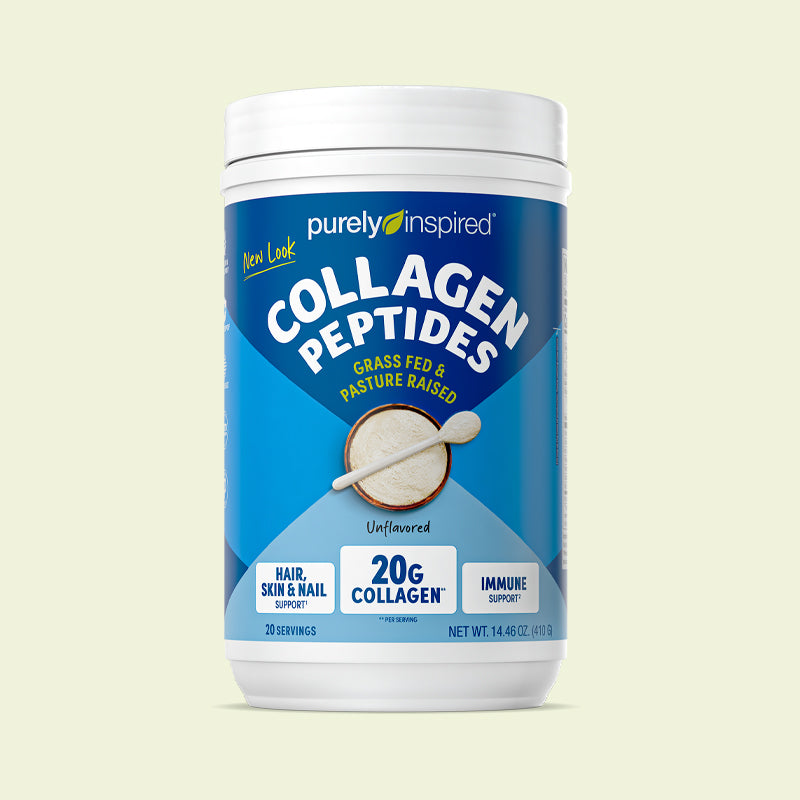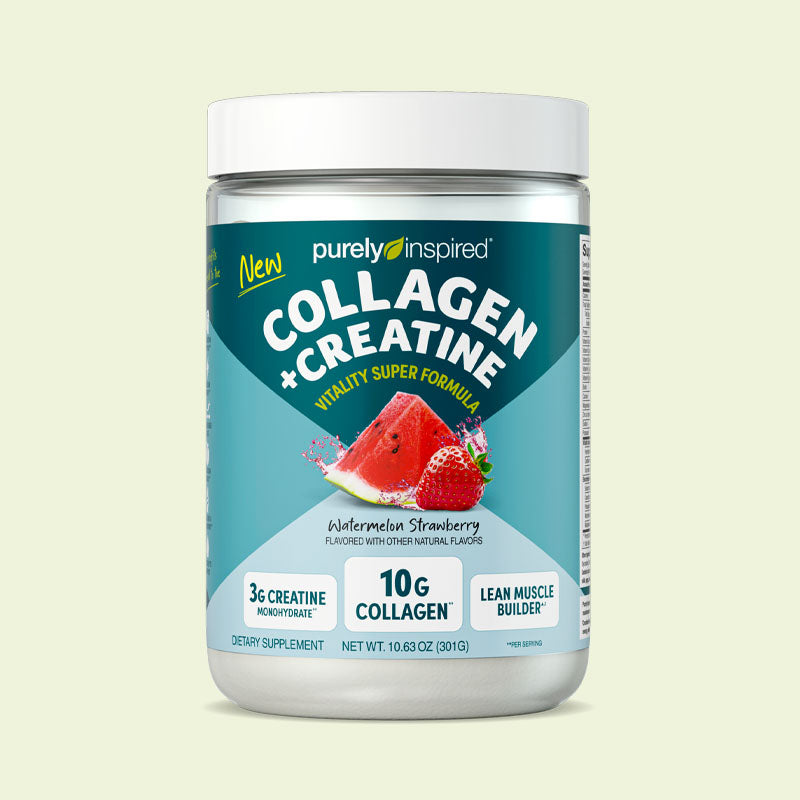Your heart is one mighty muscle responsible for pumping oxygenated blood to every single cell and organ in your body to keep you alive and well. Located just a little to the left of your sternum, your heart has never had a day, not even a minute, off since before you were even born.
Here are some truly fascinating facts about your hard-working heart, including some helpful reminders of how to keep it ticking away happily for many, many years to come.
- Your heart beats over 100,000 times per day and somewhere between 60 and 100 times per minute.
- Your individual heart rate—beats per minute—depends on many factors including your fitness level, age, body size, blood pressure and cholesterol levels, stress and anxiety levels, certain medications, and more.
- Your heart pumps about 1.5 gallons of blood every minute. In a single day, that’s over 2,000 gallons. For context, a standard bathtub holds 80 gallons of water, while a 6 to 8 person hot tub holds around 675 gallons of water.
- All of the blood in your entire body passes through your heart every single minute.
- Blood circulating into the heart is purple in color while the blood leaving your heart is bright red after being oxygenated.
- The human body has 60,000 miles of blood vessels. 60,000 miles is enough to circle the planet twice!
- Women’s hearts beat faster than men’s at an average speed of 8 beats-per-minute faster.
- The average adult heart is the size of a large fist and weighs between 8 to 10 ounces for women and 10 to 12 ounces for men.
- The right side of your heart pumps blood into your lungs and the left side of your heart pumps blood back through your body.
- The heart has its own electrical system that keeps it beating, meaning it doesn’t need the brain—or the rest of the body—to continue functioning. So long as it has oxygen, it will continue to beat after surgical removal or for a short period after the brain dies.
- While death from a broken heart is said to be rare, the risk of heart attack or stroke after the death of a spouse actually doubles.
- Sadly, Christmas Day is the most common day of the year for heart attacks followed by Boxing Day and then New Year’s Day.
- Perhaps not so surprisingly, Mondays are the day of the week that see the highest incidences of heart attacks.
- The first open-heart surgery was performed by Dr. Daniel Williams in 1893 without X-rays, antibiotics, or any surgical prep-work at the Provident Hospital of Cook County in Chicago, IL.
- The first heart transplant was performed by surgeon Christiaan Barnard in 1967 when he transplanted a heart from a 25-year old woman involved in a fatal car accident into a 53-year old man.
- The first incidences of heart disease were found in ancient Egypt mummies from more than 4000 years ago.
- The very first pacemakers plugged into a wall socket.
- Exercise and a nutrient-dense diet are two of the very best things you can do to take good care of your ticker!
- According to recording-history.org, there are 517 songs with the word “heart” in the title that have been released since 1999.
- The largest known heart belongs to the blue whale weighing approximately 1,500 pounds!
- The beating sound your heart makes is actually caused by four heart valve leaflets opening and closing.
- Beyond any other diseases, including cancer, heart disease is the biggest threat to your health, which is why it’s so important to take good care of your health through proper nutrition and exercise.
- According to a study published in the British Medical Journal women who regularly went on brisk walks not only raised their HDL (good) cholesterol levels but their consistent exercise routines slashed their heart disease risk by 50%.
- Every single cell in your body except for your corneas (the transparent top layer of your eyeballs) receives blood that’s been pumped from your heart.
- For a healthier heart, do things that spark joy—not only does it feel good to be happy but it reduces your risk for heart disease by keeping blood pressure in check.
*The links used in this article are being provided as a convenience and for informational purposes only; they do not constitute an endorsement or an approval by Iovate Health Sciences International Inc. or any of its affiliates (“Iovate”) of any of the products, services or opinions of the corporation or organization or individual. Iovate bears no responsibility for the accuracy, legality or content of the external site or for that of subsequent links. Contact the external site for answers to questions regarding its content.


